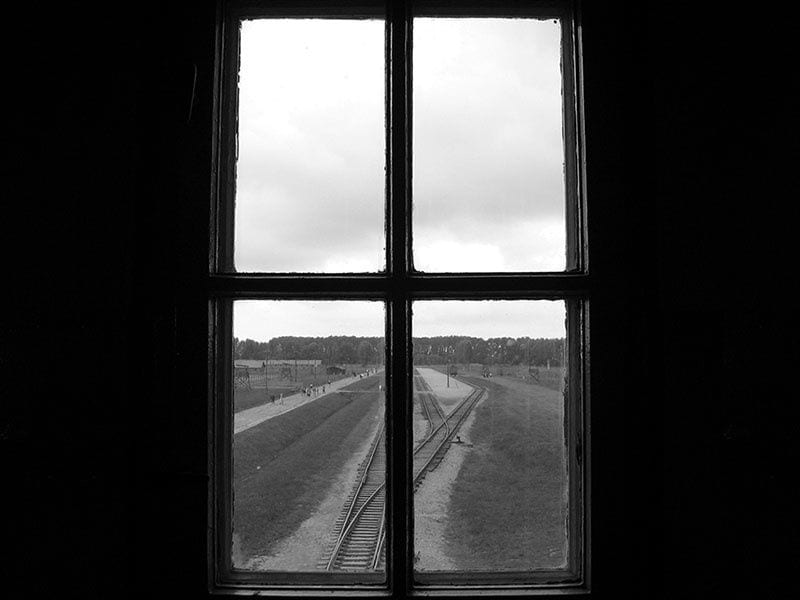
Death without Dignity: Jewish Loss in ‘The Lady of the Mine’
Sergei Lebedev’s The Lady of the Mine builds towards a series of translucent revelations on the epigenetic trauma of Ukraine, Russia, and the USSR.

Sergei Lebedev’s The Lady of the Mine builds towards a series of translucent revelations on the epigenetic trauma of Ukraine, Russia, and the USSR.

Like Steve Reich’s Different Trains, Jordan Mechner’s graphic memoir Replay is a work of introspection that looks to history and tragic synchronicity.

In Calling Memory into Place, art historian and cultural critic Dora Apel explores the relationship between collective and personal memory and place in a series of reflective essays that are by turns erudite and personal.

Against the backdrop of Dutch East Indies colonialism and Nazi sympathizers, two families come together amidst the ashes of World War II in Mieke Eerkens' moving family history, All Ships Follow Me.

Originally produced as fascism spread throughout Europe and nativism spread in the US, Oklahoma!'s exploration of belonging was a conspicuously political one.

Using documentary-style interviewing techniques and three narrators, Konchalovsky's work brings to mind well-known literary naturalists like Jack London and Stephen Crane.

Georges Didi-Hubermann's Bark considers the implications of truth in images from living pieces of the Holocaust.

